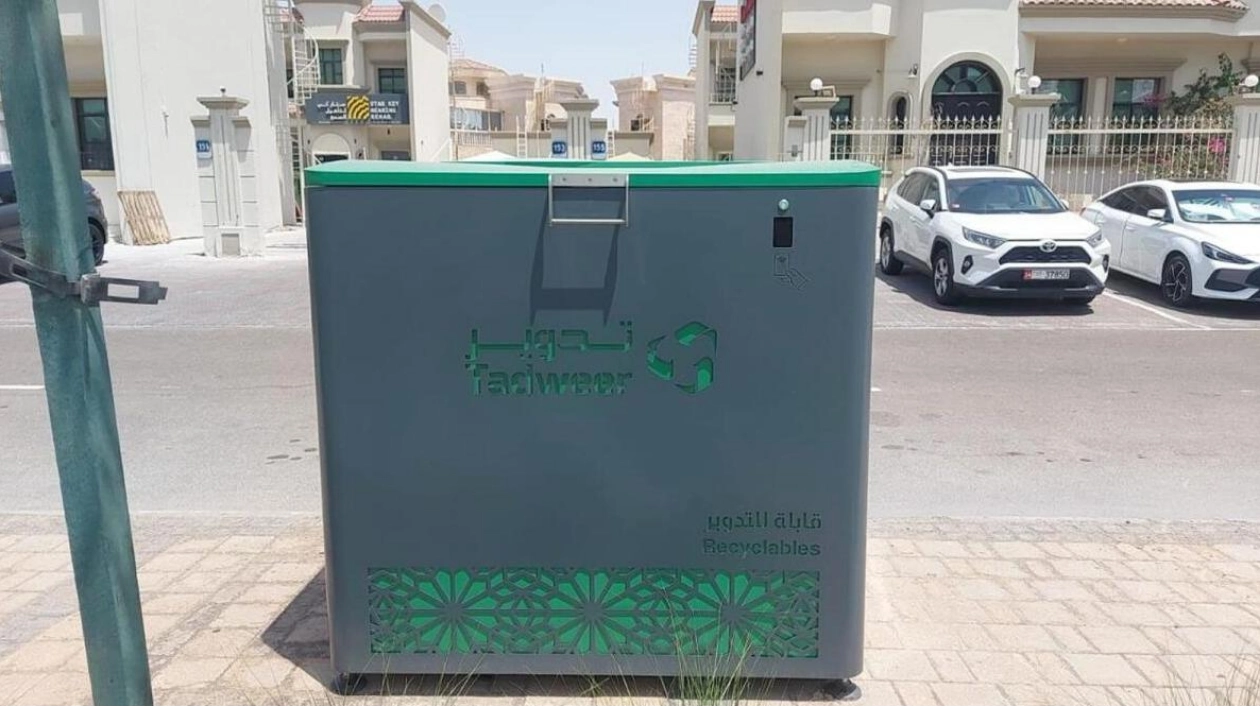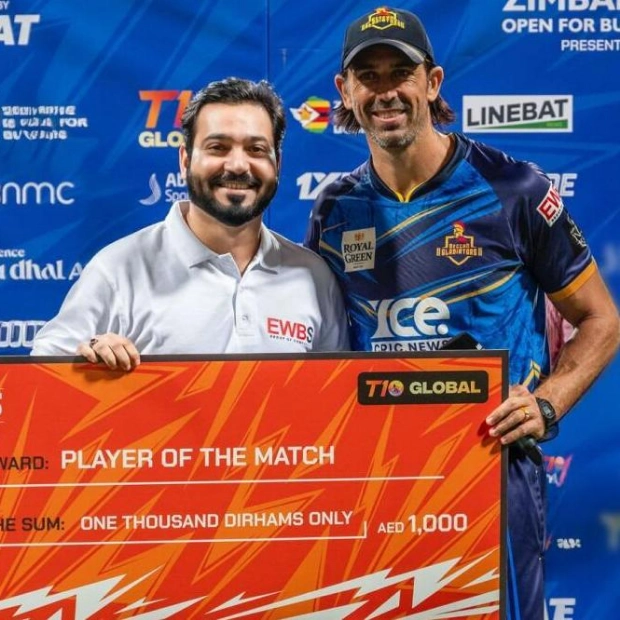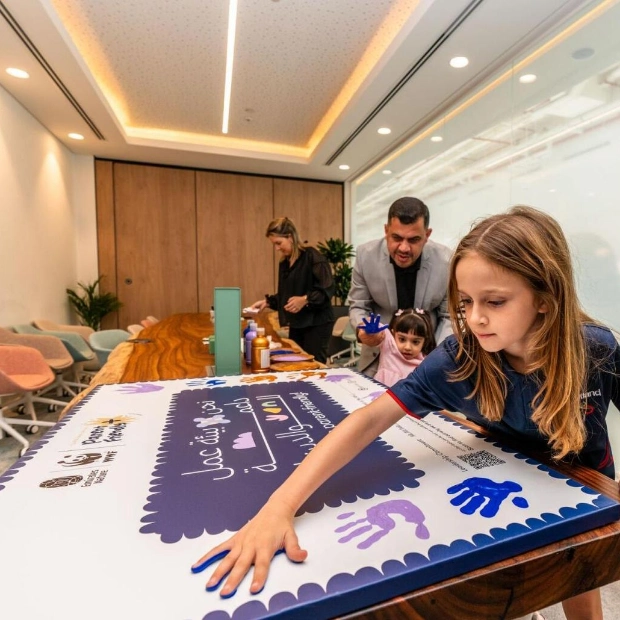Abu Dhabi’s Tadweer Group is conducting a trial of its advanced smart bins, which provide data on the quantity and type of waste, enhancing the understanding of community needs. Equipped with sensors and cutting-edge technology, these locally manufactured bins can detect the contents and fill levels of waste deposited by community members. This innovation optimizes collection operations, enabling Tadweer to accurately determine the volume and types of waste and the optimal times for bin emptying.
The trial is currently active in selected areas of Abu Dhabi, as confirmed by Ollie Lawson, media and communications adviser at Tadweer Group, the exclusive waste management authority in Abu Dhabi. Lawson explained that the trial identifies individual users, allowing tracking of their waste generation, including the amount and types of waste.
To use the smart bins, residents must register on an official portal and create an account with basic details such as name and address. They can then utilize the barcode or QR code scanner on the bin to access it and dispose of their waste. The bin detects the type of waste and calculates its weight, with the Tadweer center monitoring the fill level to determine when to empty the bin. This system reduces the frequency of waste collector visits and lowers carbon emissions by minimizing the number of truck trips.
The smart bins offer a novel approach to managing increasing waste due to population growth and changing consumption patterns. The trial examines how different communities, such as those in villas and residential buildings, generate varying types of waste. Lawson highlighted the importance of gathering localized data on waste types from different areas to enhance waste management strategies.
These smart bins promise long-term solutions for efficient waste management by providing data on disposal patterns and frequencies. This information aids in planning truck routes and determining the need for additional recycling facilities or reverse vending machines. The ongoing trial aims to collect more data for further analysis.






